


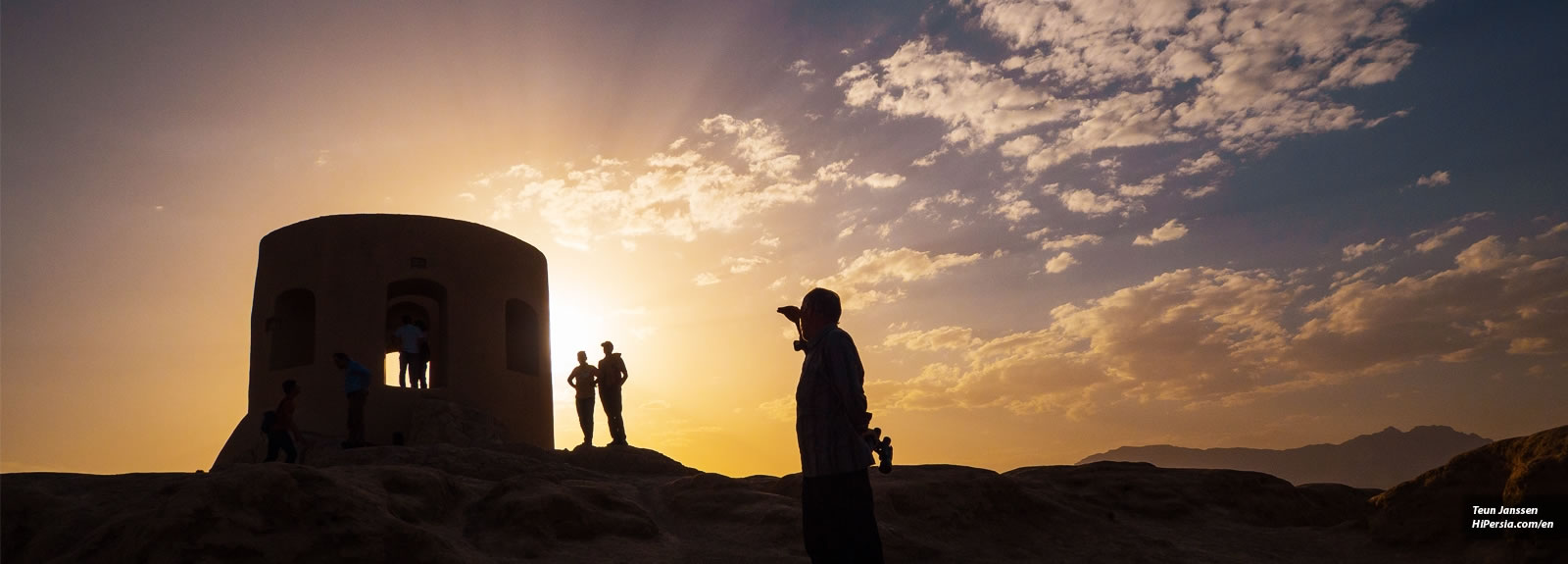
Atashgah is one of the three oldest monuments in Isfahan province. This ancient fire temple refers to the Sasanian Empire. It is laid on the Atashgah Mountain.
Atashgah was one of the seven large and important fire temples during the Sasanian Empire. The ancient name of this Atashgah is Mehrin. It is located above a hill of the same name, about eight kilometers west of the city center of Isfahan.

This fire temple is an enormous structure with a length of 107 meters in each corner. Also, the ancient architecture of the fire temple indicates its long history. This structure had five floors; now only two levels have remained. The remains indicate the existence of some tall pillars and stairs in the mountain and a rotary dome in the fire temple.
Atashgah is made of adobe by using mortar with a combination of clay, lime, and cane. Using a cane between adobes helps to make a firm structure.
On top of the mountain, you will see an adobe round chamber with eight corners, which is surrounded by eight windows. Most people believe that due to the existence of these windows, this chamber was the place to keep the sacred fire by Mobad of Zoroastrianism.
Late March to late May is the best time to visit the Atashgah.
Atashgah is placed on a mountain of the same name about eight kilometers west of downtown Isfahan, Iran. You should climb up the mountain to get there.
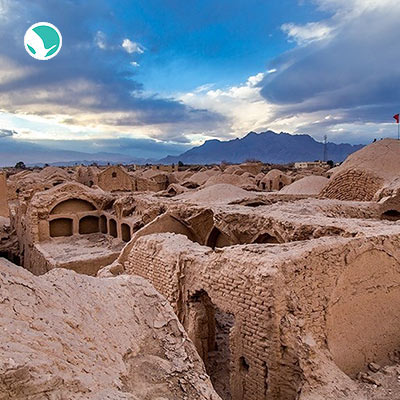
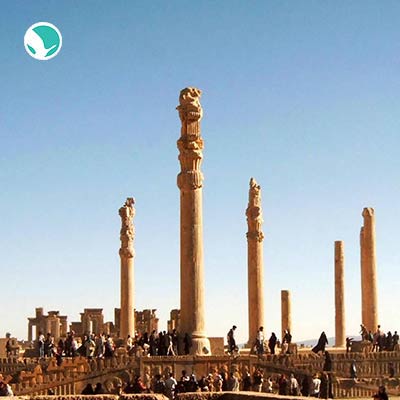

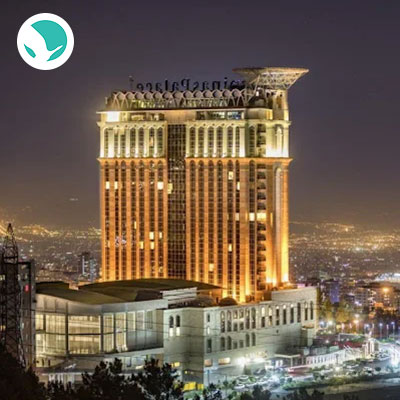

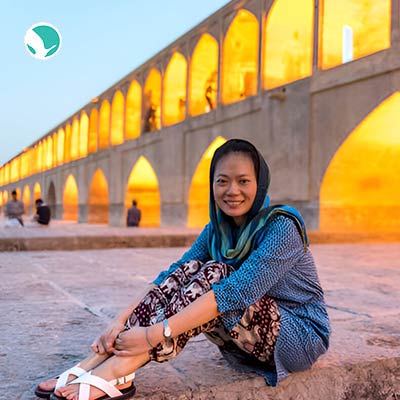
“Oh! Squander not this breath that Heaven hath lent thee, Nor make too sure another breath to borrow!’” Khayam